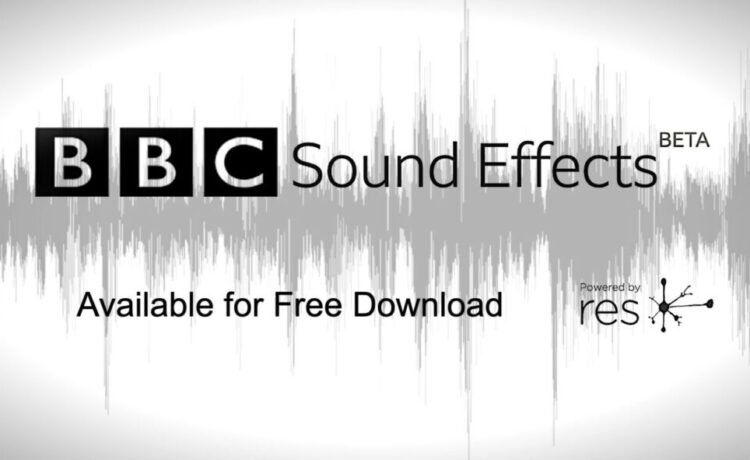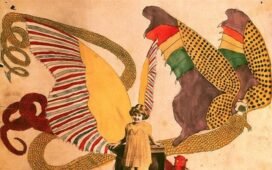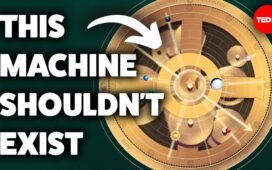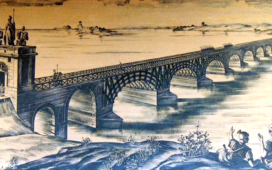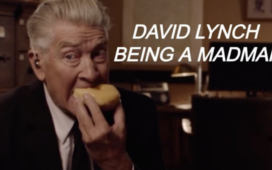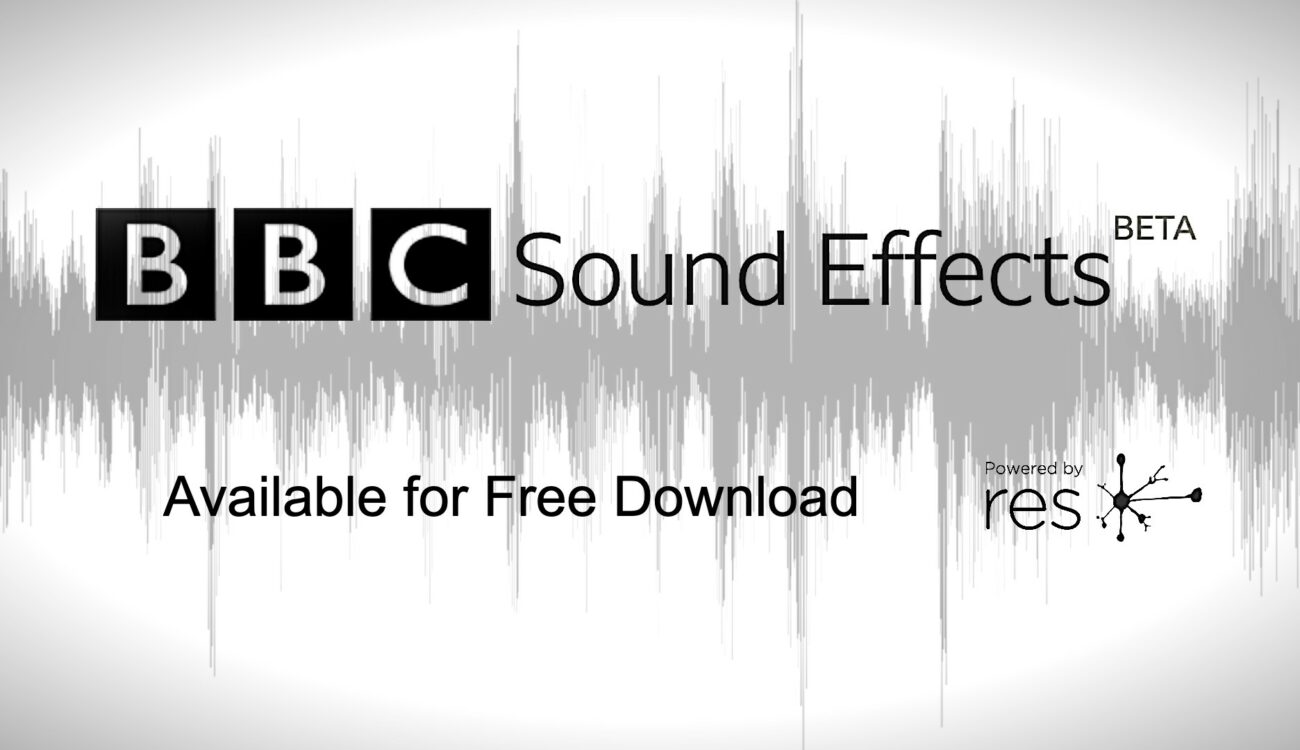

There may be a few young people in Britain today who recognize the name Ludwig Koch, but in the nineteen-forties, he constituted something of a cultural phenomenon unto himself. He “started recording sounds and voices in the 1880s when he was still a child” in his native Germany, says the website of the BBC. After fleeing from the Nazis, he settled in England, which created the opportunity for the Beeb to acquire his collection of field recordings, using it to start building its own library of nature sounds. Soon, Koch “became a household name as a nature broadcaster,” and his “distinct German accent and eccentric location recordings became so well known that he was parodied by Peter Sellers.”
You can hear 168 of Koch’s field recordings at the online archive of BBC Sound Effects, whose digital holdings have in recent years grown to include over 33,000 different sounds from various sources, spanning more than a century.
“These include clips made by the BBC Radiophonic workshop, recordings from the Blitz in London, special effects made for BBC TV and Radio productions, as well as 15,000 recordings from the Natural History Unit archive,” says its About page. “You can explore sounds from every continent — from the college bells ringing in Oxford to a Patagonian waterfall — or listen to a submarine klaxon or the sound of a 1969 Ford Cortina door slamming shut.”
The BBC has made all these recordings free for your own non-commercial use, as long as you credit where they came from. To put them into a commercial project, you can license them by clicking “Show details,” and then the “Buy sound” button that appears right below. The archive also offers a “mixer mode,” which lets you “layer, edit and re-order clips from the archive to create your own sounds,” potentially mashing up a wide variety of times and places into a single soundscape. A chacma baboon wielding a laser in a Belgian café, for instance, or a laughing woman brewing a kettle of water at a bullfight in Spain: hardly the sort of aural scenes that would be introduced by Ludwig Koch, granted, but here in the twenty-first century, the only limit is your imagination. Enter the BBC Sound Effects Archive here.
Related content:
NASA Puts Online a Big Collection of Space Sounds, and They’re Free to Download and Use
How the Sound Effects on 1930s Radio Shows Were Made: An Inside Look
How the Sounds You Hear in Movies Are Really Made: Discover the Magic of “Foley Artists”
Based in Seoul, Colin Marshall writes and broadcasts on cities, language, and culture. His projects include the Substack newsletter Books on Cities and the book The Stateless City: a Walk through 21st-Century Los Angeles. Follow him on Twitter at @colinmarshall or on Facebook.

